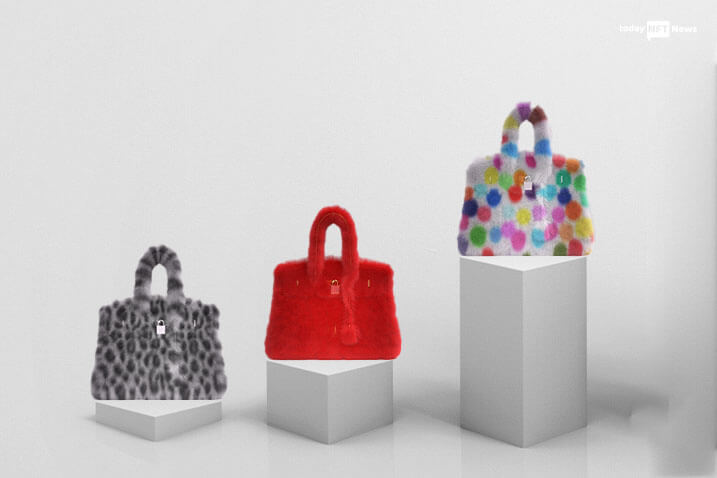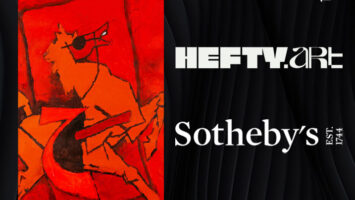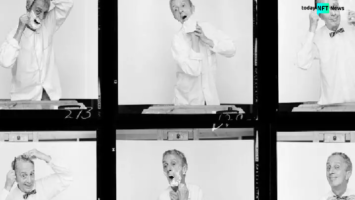SNEAK PEEK
- General counsel Olta Andoni claimed that Mason Rothschild was eyeing to benefit from Hermès reputation.
- Rothschild’s project would have led to cheating consumers by creating confusion.
- Andoni said that artists behind digital art are not free of laws based on consumer protection.
Enclave Markets’ general counsel, Olta Andoni, has claimed that NFT artist Mason Rothschild is to blame for his MetaBirkins NFT project.
Andoni said that Rothschild’s main goal was to ride on Hermes’ goodwill and earn economic profits.
Earlier this week, the retailer won a lawsuit against Rothschild on the grounds that its trademark was harmed by the MetaBirkin project. Hermès mentioned that Rothschild’s project will confuse and fool customers by making them purchase virtual goods that do not belong to the popular brand.
The chief reason behind having a nine-person jury was nothing but consumer protection, as shared by Andoni. Besides being curious in terms of the case, the luxury brand knew that it was not just about artistic value but customer confusion as well.
Adding on, Andoni emphasized that Rothschild aimed to support his personal brand by generating sales upon taking advantage of Hermes’ popular Birkin bags. She also mentioned that Rothschild was working on the promotion of his project through his website and social platforms.
The price of the digital furry bags at the time of launch was $450 apiece. Before it was removed from online marketplaces, the collection’s sales were worth $1 million by January 2022. It was the same time when the lawsuit against Rothschild was filed.
Rothschild’s counsel argued that artistic expression was protected under the U.S. Constitution’s First Amendment. However, the artist’s proposal to include testimony from Blake Gopnik, an art critic, was denied by Judge Jed S. Rakoff.
Gopnik’s work on Warhol’s popular Campbell’s tomato soup can was liked by Rothschild. Andoni said that the soup cans had an even greater artistic significance. She added that the short disclaimer by Rothschild regarding the project was inadequate in terms of working as an argument to protect him from a lawsuit.
Though the case is the very first when it comes to speaking against trademark infringement, Andoni believes that the verdict won’t work enough to stop certain artists from doing the same, which will lead to more such cases in the future. However, the verdict may urge brands and artists to view metaverse and NFTs in a different way.
She suggested that examples from a court or a regulation can support artists who create art and connect with reputed brands.









